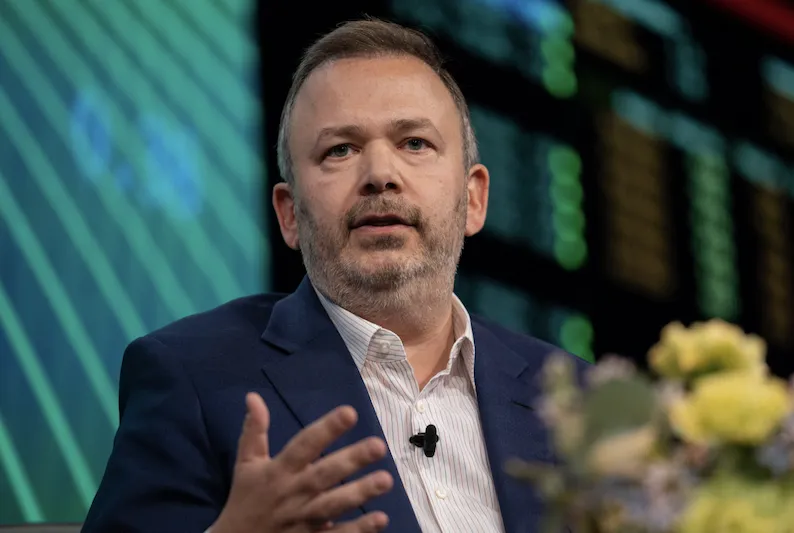October 16, 2025 – Saba Capital Management has reduced its position in the BlackRock ESG Capital Allocation Term Trust (NYSE: ECAT), selling 57,169 shares for roughly $943,000, according to Investing.com UK.
Despite the reduction, ECAT continues to demonstrate strong performance, offering a 21% dividend yield and delivering a 24% return over the past six months. Analysts view this as a sign that investor appetite for ESG-focused assets remains robust, even amid broader market fluctuations.
Implications for ESG and Crypto-Linked Investments
While Saba Capital’s move may appear cautious, industry observers note that it is part of a broader portfolio rotation rather than a retreat from ESG investments. Funds like ECAT attract interest from institutional and retail investors seeking long-term sustainable growth—a trend increasingly intersecting with the crypto and blockchain sector, where ESG-compliant projects are gaining attention.
Crypto funds and tokenized ESG assets could benefit from this shift, as investors look to diversify portfolios across traditional ESG ETFs and blockchain-based green finance initiatives. Some market analysts suggest that such rotations reflect strategic capital allocation, positioning portfolios for higher-yielding opportunities in both conventional and digital markets.
Market Context
Over the past quarter, ESG ETFs have generally outperformed broader indices, fueled by sustainable investing mandates, carbon-conscious policies, and rising regulatory standards in Europe and the U.S. Even as Saba Capital trimmed its stake, ECAT’s fundamentals remain solid, highlighting resilient demand for ESG-aligned investments.
“Selling a portion of holdings does not signal a decline in ESG interest,” noted financial strategist Laura Chen. “It reflects dynamic portfolio management, balancing exposure between established ESG funds and emerging crypto-linked sustainability projects.”
The intersection of ESG and digital assets is an emerging theme, with tokenized green bonds and carbon credit platforms drawing increasing institutional attention, creating potential for hybrid investment strategies combining traditional and blockchain-based ESG instruments.


